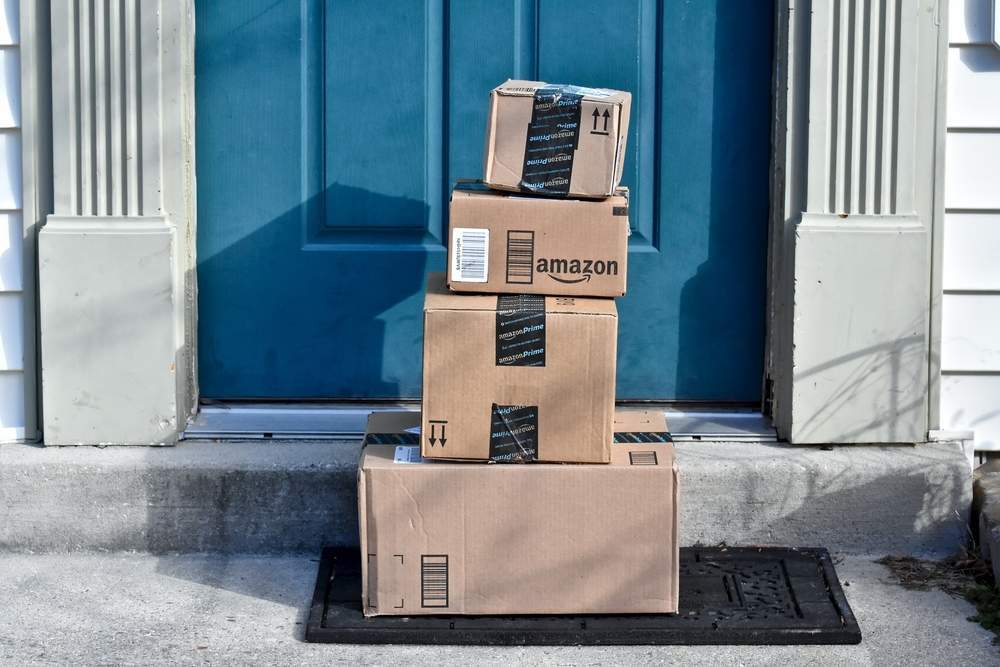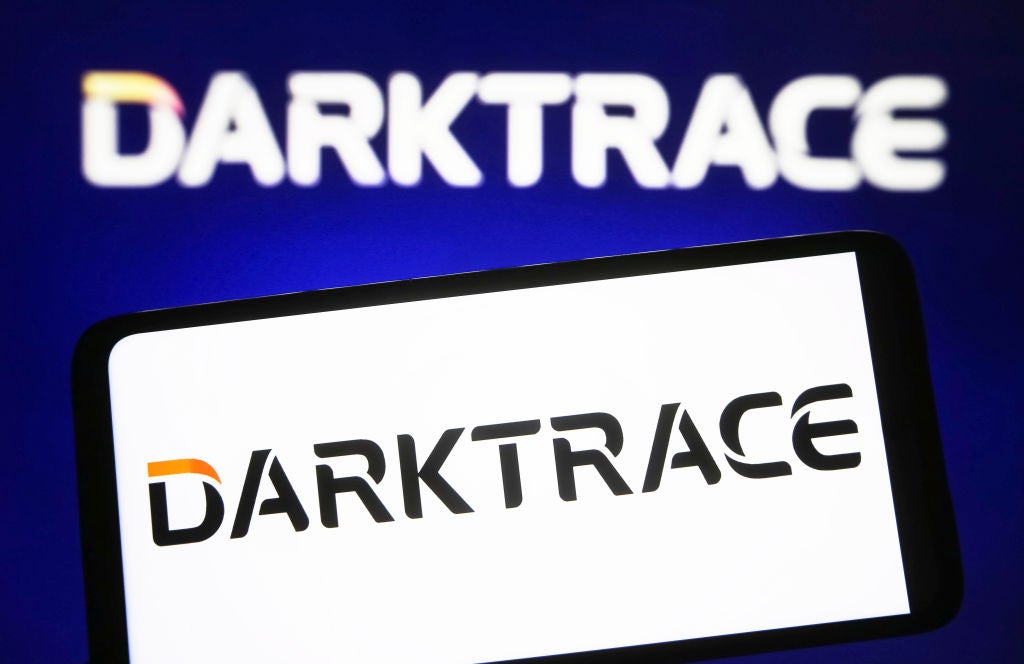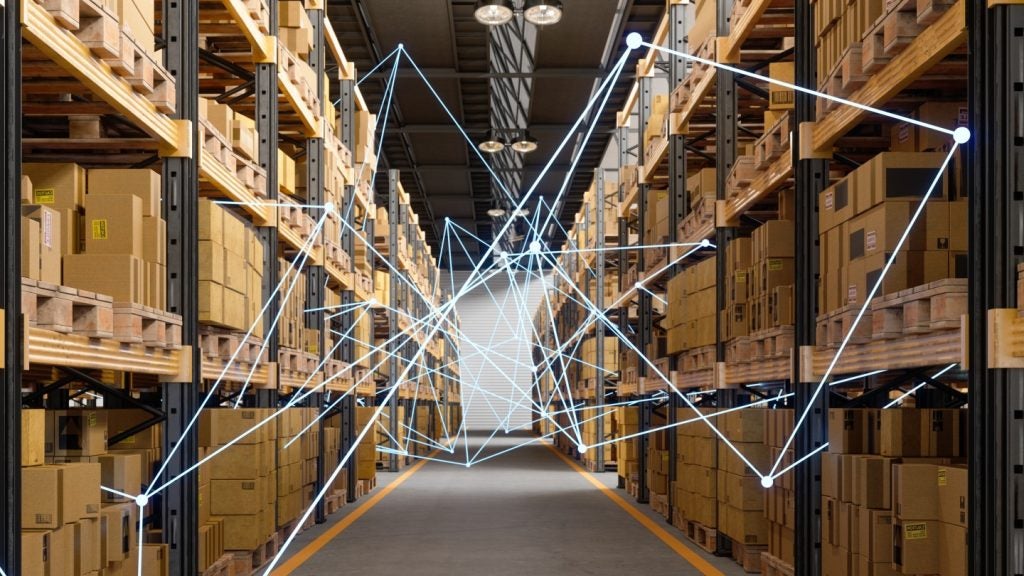
Brussels has proposed an overhaul of EU value added tax (VAT) in an effort to close tax loopholes and eliminate fraud estimated to cost the bloc €50bn ($59bn) annually.
E-commerce giant Amazon will no longer benefit from certain tax advantages if the new VAT proposals become law. The company serves the EU market from a low-tax country, Luxembourg.
The EU Commission also ordered Amazon to repay €250m after ruling that it benefited from illegal and unfair state aid from Luxembourg.
Meanwhile, Apple has come under under scrutiny.
The iPhone maker’s arrangements with Ireland has allowed it to get illegal state aid through special tax loopholes, according to Europe’s competition watchdogs.
The European Commission confirmed plans to take Ireland to court in order to force the country to recover €13bn in what it considers illegal tax benefits from Apple.
How well do you really know your competitors?
Access the most comprehensive Company Profiles on the market, powered by GlobalData. Save hours of research. Gain competitive edge.

Thank you!
Your download email will arrive shortly
Not ready to buy yet? Download a free sample
We are confident about the unique quality of our Company Profiles. However, we want you to make the most beneficial decision for your business, so we offer a free sample that you can download by submitting the below form
By GlobalDataStarbucks and Fiat Chrysler were the first companies targeted by the EU in 2015 to repay as much as €30m each to the Netherlands and Luxembourg respectively.
Pierre Moscovici, the EU commissioner for tax, said in Strasbourg:
EU VAT rates are a quarter of a century old and no longer fit for purpose. Fraud today is not something citizens can accept any more, [particularly] when it finances organised crime and terrorists.
The aim of the new regulations is to crack down on companies generating VAT revenues from cross-border sales instead of paying them to the local government where they sell their goods or services.
The proposed legislative changes would put an end to companies’ ability to avoid paying tax by basing themselves in countries with low VAT rates.
The EU Commission wrote in a document seen by Reuters:
With goods and services being taxed in the member state of destination, suppliers derive no significant benefit from being established in a lower-rate member state.
Luxembourg and Malta currently apply the lowest VAT standard rates across the 28-country EU on most products.
Some countries, including both Luxembourg and Ireland, also charge a super-reduced VAT rate for particular goods.
What next for EU VAT rates?
The EU collects €1tn in VAT each year, the equivalent of seven percent of the bloc’s gross domestic product.
While European officials believe that €50bn is lost every year to cross-border fraud, Europol, the EU crime agency, estimates the figure is twice as much.
Moscovici, estimating that EU companies will save €1bn in administrative costs annually under the new policy, said:
The new rules have two objectives: to prevent fraud and to simplify the lives of companies in the union. By the end of the year Brussels will also propose new measures on VAT to “tackle the loopholes in the importation system.
Legislative proposals on tax issues require the support of all 28 EU states to become enshrined in law, unless the commission uses its extraordinary powers to allow majority-based decisions.






